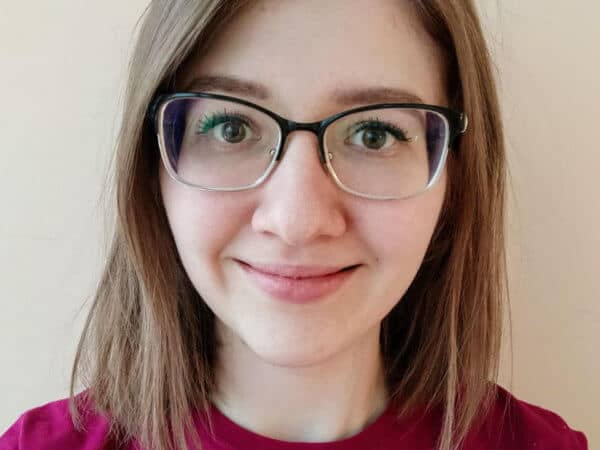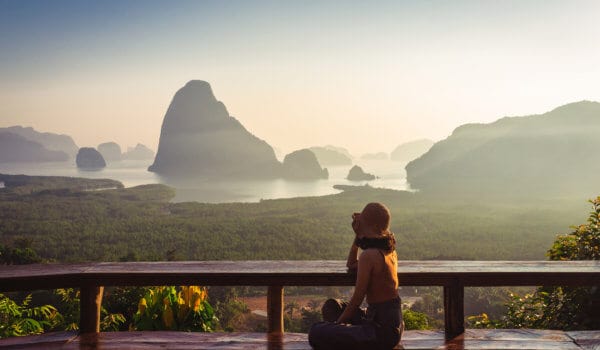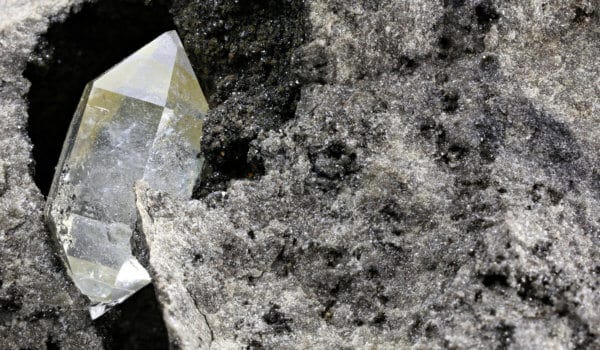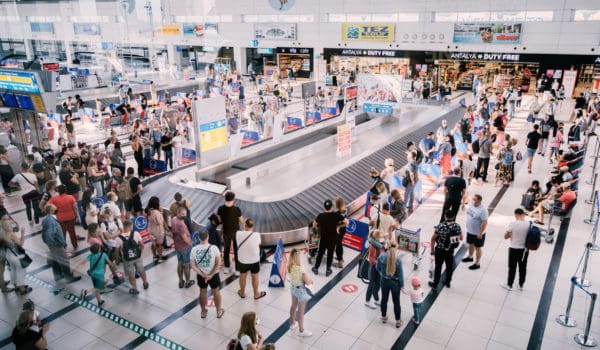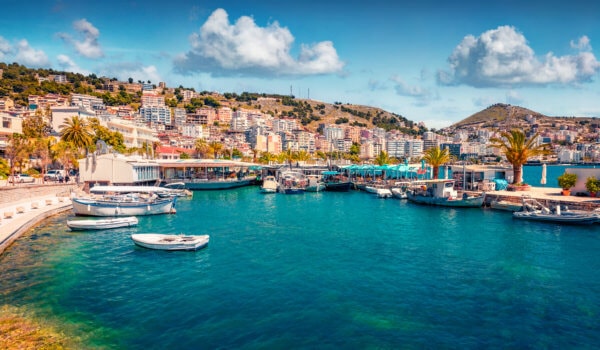There isn’t a better way to travel around the world with a purpose than by volunteering! In this series on alternative tourism we are covering popular international volunteer programs for young adults to participate in. If you feel that you’re ready to share knowledge with others, learn new skills, and boost your life experience, read on! In this article we will talk about the European Solidarity Corps, an initiative aimed at building social inclusivity and opportunities across the continent.
The European Solidarity Corps aims to foster solidarity in European society, engaging young people and organisations in accessible and high-quality solidarity activities. It offers young people:
- volunteering activities,
- traineeships or jobs, or
- opportunity to run their own projects.
These opportunities give young people the chance to show commitment to different communities and help resolve challenging situations across Europe.
Projects
Project types offered by the European Solidarity Corps are volunteering projects, job and traineeships, and solidarity projects.
Individual volunteering is a full-time unpaid solidarity activity for a period from 2 to 12 months. In some cases, volunteer activities of 2 weeks to 2 months can be put in place for young people with fewer opportunities.
Activities can take place either in the volunteer’s own country or in another country (cross-border) in which the volunteer is neither a resident nor a citizen.
Jobs are solidarity activities for young people, for a period from 3 to 12 months, paid by the participating organisation employing the European Solidarity Corps participant. Such jobs include learning and training components and are based on a written employment contract.
Traineeships are for periods of full-time work practice ranging from 2 to 6 months and renewable once for a maximum duration of 12 months within the same participating organisation.
This type of solidarity activity includes learning and training components to help the participant gain relevant experience with a view to developing competences useful for the volunteer’s personal, educational, social, civic and professional development.
Participants will also receive a small allowance to help them relocate and settle in a foreign country.
Solidarity projects are set up and carried out by groups of at least five European Solidarity Corps participants, with a view to addressing key challenges within their communities while presenting a clear European added value.
Projects can last from 2 to 12 months and must take place in the country of residence of project participants.
Project Topics
- Social challenges
- Reception and integration of refugees and migrants
- Citizenship and democratic participation
- Disaster prevention and recovery
- Environment and natural protection
- Health and wellbeing
- Education and training
- Employment and entrepreneurship
- Creativity and culture
- Physical education and sport
Who can participate in the European Solidarity Corps?
European Solidarity Corps volunteer activities are open to 18-30 year old young people residing in the following countries:
- EU Member States
- North Macedonia and Turkey
- Liechtenstein, Iceland and Norway
- Albania, Bosnia and Herzegovina, Kosovo, Montenegro, Serbia
- Armenia, Azerbaijan, Belarus, Georgia, Moldova, Ukraine
- Algeria, Egypt, Israel, Jordan, Lebanon, Libya, Morocco, Palestine, Syria, Tunisia
- Russian Federation
Jobs and traineeships are open to participants residing in the EU Member States.
Solidarity Projects are currently open to participants residing in the EU Member States and Iceland, North Macedonia and Turkey.
Language requirements
Most projects require volunteers to communicate in English. If knowledge of any additional language is required, it will be indicated in the project description, and support in the form of online training will be provided.
What does the program cover?
Generally, volunteers receive a stipend to cover living expenses or are provided with shared accommodation and catering by the local host organization. Some projects also refund travel expenses up to a certain amount.
How to find projects?
In order to find opportunities that will appeal to you, candidates need to visit the European Youth Portal.
The search engine allows participants to list projects based on how recently they were added to the website, the deadline or the starting date. There are filters to help narrow down projects based on preferences. “Starts after” and “Ends before” filters allow participants to search for programs that are within a desired period of time.
The “Project country” and the “Topic” filters allow participants to choose one theme and one location at a time, so if you’d like to look around and choose between various projects within a certain period of time, a good strategy would be to go for all countries and all topics.
Photo: Shutterstock / graphic design: Martina Advaney
Support us!
All your donations will be used to pay the magazine’s journalists and to support the ongoing costs of maintaining the site.
Share this post
Interested in co-operating with us?
We are open to co-operation from writers and businesses alike. You can reach us on our email at cooperations@youthtimemag.com/magazine@youthtimemag.com and we will get back to you as quick as we can.

